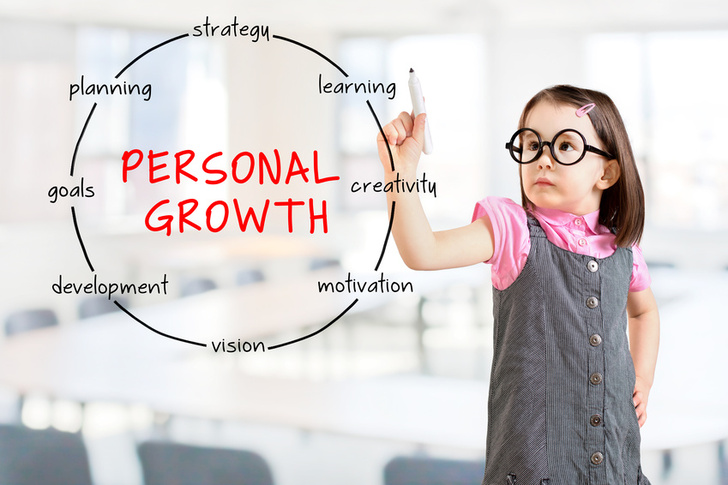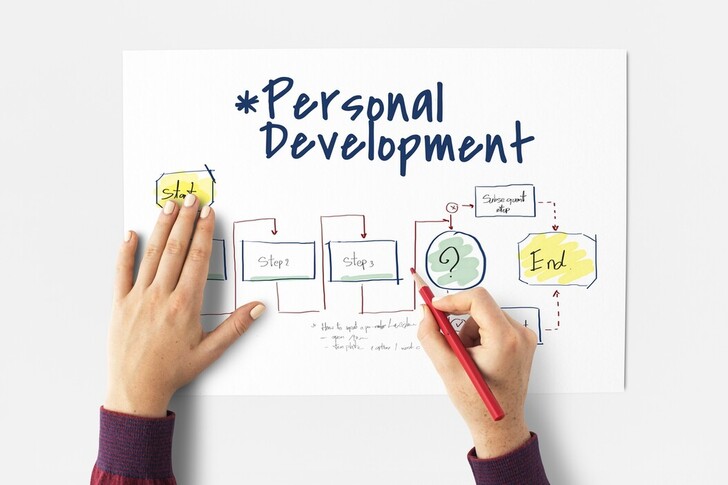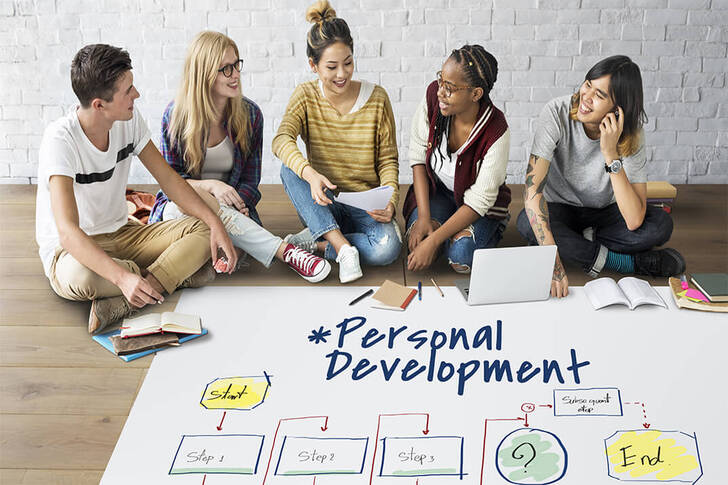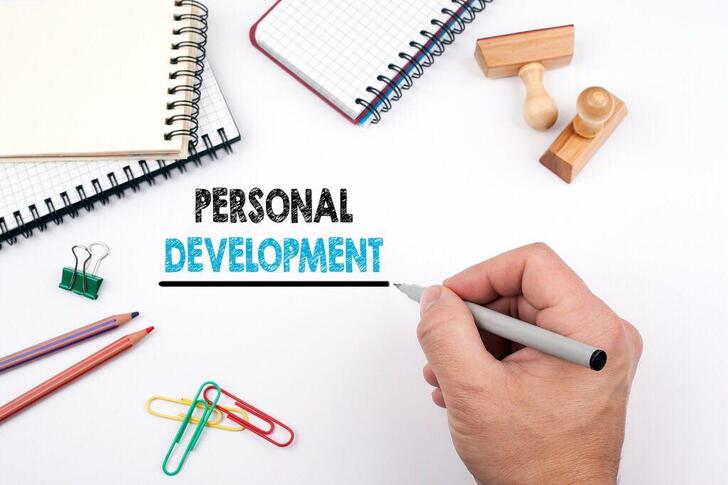Unlocking Potential: Personal Development and Lifelong Learning
Personal development and lifelong learning are essential for achieving personal fulfillment and professional success. Investing in your growth through continuous learning, self-reflection, and skill development can lead to a more enriched and purposeful life. From enhancing your emotional intelligence to expanding your knowledge base, various approaches can help you reach your full potential.
READ_MORE
1Emotional Intelligence and Self-Awareness
0 votes

Developing emotional intelligence (EI) and self-awareness is fundamental for personal and professional growth. EI involves recognizing, understanding, and managing your own emotions, as well as empathizing with others. Self-awareness, a component of EI, allows you to understand your strengths, weaknesses, and triggers. Techniques such as mindfulness, reflective journaling, and feedback from others can enhance self-awareness and EI. By improving these skills, you can build stronger relationships, make better decisions, and handle stress more effectively. Emotional intelligence not only boosts personal well-being but also enhances leadership abilities and workplace performance.
0
Do you agree? 0% of people agree with your point of view!
2Time Management and Productivity
0 votes

Effective time management and productivity skills are essential for achieving personal and professional goals. This involves prioritizing tasks, setting deadlines, and eliminating distractions. Techniques such as the Pomodoro Technique, time blocking, and the Eisenhower Matrix can help you manage your time more efficiently. Utilizing productivity tools and apps can also streamline your workflow. Improving time management not only boosts productivity but also reduces stress and enhances work-life balance. By mastering these skills, you can accomplish more in less time, leading to greater satisfaction and success in your endeavors.
0
Do you agree? 0% of people agree with your point of view!
3Goal Setting and Personal Accountability
0 votes

Setting clear goals and holding yourself accountable are essential for personal development. This involves defining what you want to achieve, creating a plan, and monitoring your progress. SMART goals—Specific, Measurable, Achievable, Relevant, and Time-bound—provide a framework for effective goal setting. Regular self-assessment and accountability practices, such as tracking milestones and seeking feedback, can keep you on course. Celebrating your achievements and reflecting on your progress fosters motivation and continuous improvement. By setting and achieving goals, you build confidence and momentum, driving your personal and professional growth.
0
Do you agree? 0% of people agree with your point of view!
4Effective Communication Skills
0 votes

Effective communication is a key component of personal and professional success. This includes verbal, non-verbal, and written communication skills. Active listening, clear articulation, and empathy are essential for meaningful interactions. Improving your communication skills can enhance your relationships, teamwork, and leadership abilities. Techniques such as public speaking training, feedback sessions, and practice can help you become a more effective communicator. Additionally, understanding different communication styles and cultural nuances can improve your ability to connect with diverse audiences. Mastering communication skills allows you to convey your ideas confidently and persuasively.
0
Do you agree? 0% of people agree with your point of view!
5Continuous Learning and Skill Acquisition
0 votes

Embracing a mindset of continuous learning is crucial for staying relevant and adaptable in today’s fast-paced world. This involves pursuing new knowledge and skills through formal education, online courses, workshops, and self-study. Identifying areas for improvement and setting learning goals can guide your development efforts. Engaging in lifelong learning not only enhances your professional capabilities but also keeps your mind active and curious. Additionally, acquiring new skills can open up career opportunities and foster personal satisfaction. A commitment to continuous learning ensures that you remain competitive and prepared for future challenges.
0
Do you agree? 0% of people agree with your point of view!
6Building Resilience and Adaptability
0 votes

Resilience and adaptability are crucial traits for navigating life’s challenges and uncertainties. Building resilience involves developing coping strategies, maintaining a positive outlook, and learning from setbacks. Adaptability, on the other hand, is the ability to adjust to new conditions and embrace change. Techniques such as cognitive restructuring, stress management, and goal setting can enhance these traits. Additionally, seeking support from mentors, peers, and professionals can provide guidance and encouragement. By cultivating resilience and adaptability, you can thrive in the face of adversity and continuously grow from your experiences.
0
Do you agree? 0% of people agree with your point of view!







Recent Comments